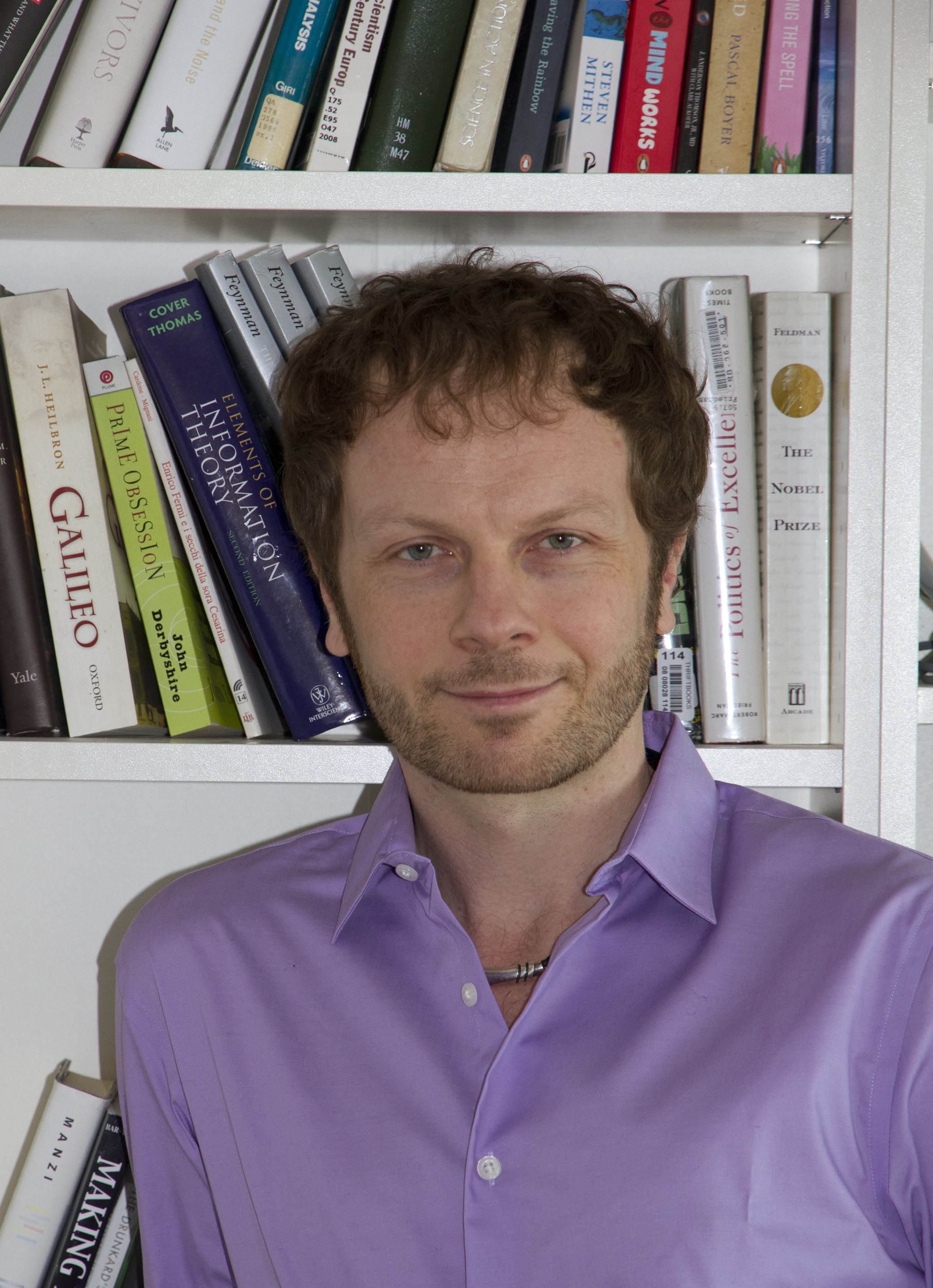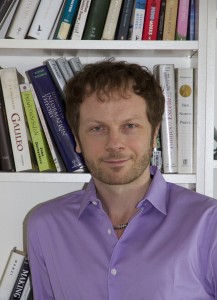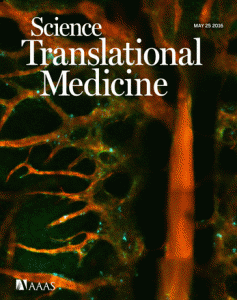
Retractions take too long, carry too much of a stigma, and often provide too little information about what went wrong. Many people agree there’s a problem, but often can’t concur on how to address it. In one attempt, a group of experts — including our co-founder Ivan Oransky — convened at Stanford University in December 2016 to discuss better ways to address problems in the scientific record. Specifically, they explored which formats journals should adopt when publishing article amendments — such as corrections or retractions. Although the group didn’t come to a unanimous consensus (what group does?), workshop leader Daniele Fanelli (now at the London School of Economics) and two co-authors (John Ioannidis and Steven Goodman at Stanford) published a new proposal for how to classify different types of retractions. We spoke to Fanelli about the new “taxonomy,” and why not everyone is on board.
Retraction Watch: What do you think are the biggest issues in how the publishing industry deals with article amendments?
Continue reading The retraction process needs work. Is there a better way?







